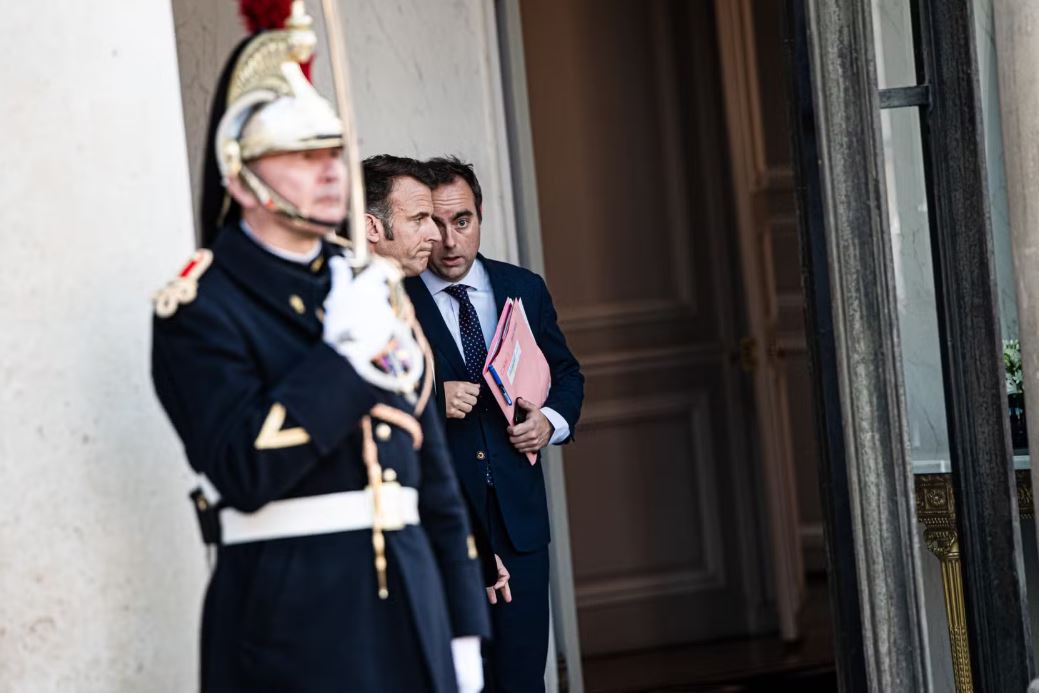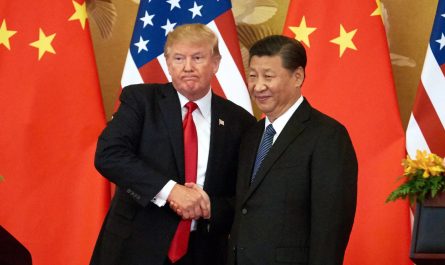France has entered a new phase of political turmoil after Prime Minister Sébastien Lecornu resigned less than 24 hours after announcing his cabinet.
His sudden departure marks the shortest tenure in the history of France’s Fifth Republic and deepens President Emmanuel Macron’s struggle to control a divided parliament.
A Nation Trapped in Political Deadlock
The crisis began after the 2024 parliamentary elections, which left no party with a clear majority. Since then, Macron’s centrist alliance has struggled to govern, facing pressure from both the conservative right and the far-left opposition.
Sébastien Lecornu, a loyal ally and former Minister of the Armed Forces, became Prime Minister on September 9, 2025, following François Bayrou’s removal through a no-confidence vote.
Macron chose Lecornu for his reputation as a pragmatic and disciplined figure capable of bridging political divides.
However, when Lecornu unveiled his new government on October 5, criticism erupted. Lawmakers accused him of recycling Macron’s old team instead of forming a truly inclusive cabinet.
Why Lecornu Resigned So Quickly
Within hours, Lecornu stood alone. His main coalition partner, Les Républicains, rejected the cabinet, calling it “too Macron-centric.” Opposition parties condemned it as a “continuation of failed policies.”
Facing backlash, Lecornu said the conditions to govern no longer existed.
He refused to use Article 49.3 of the French Constitution — a mechanism that lets the government push bills through parliament without a vote. Instead of forcing laws, Lecornu chose to step down, saying he “would not govern without trust.”
Macron Under Heavy Pressure
Lecornu’s resignation leaves Macron in a fragile position. His administration has already faced multiple short-lived governments since 2024. Many analysts warn that France’s political system is now paralyzed by internal divisions.
Macron has three risky options:
- Reappoint Lecornu with a modified cabinet and try again.
- Select a new Prime Minister from another political bloc.
- Dissolve the National Assembly and call early elections — a move that could strengthen Marine Le Pen’s National Rally.
Each option carries major political and economic risks.
Economic and European Impact
After Lecornu’s exit, the CAC 40 index fell nearly 2%, and the euro weakened against the dollar. Investors fear that a long political vacuum could delay fiscal reforms and raise public debt.
European officials have also voiced concern. France’s instability comes as the EU faces simultaneous crises — from security challenges in Eastern Europe to rising trade tensions with the United States.
The Bigger Picture
Lecornu’s fall reflects a wider governability problem across modern Europe. Fragmented parliaments, coalition fatigue, and leadership mistrust are becoming the new normal.
For Macron, this episode could define the final years of his presidency.
Unless he builds a new political consensus, France may drift deeper into paralysis — and Europe could lose one of its key pillars of stability.
Summary:
Sébastien Lecornu’s one-day premiership exposed the deep fractures within France’s democracy. The government collapsed overnight, leaving Macron isolated, investors nervous, and citizens asking a hard question: who still has the power to lead France forward?



